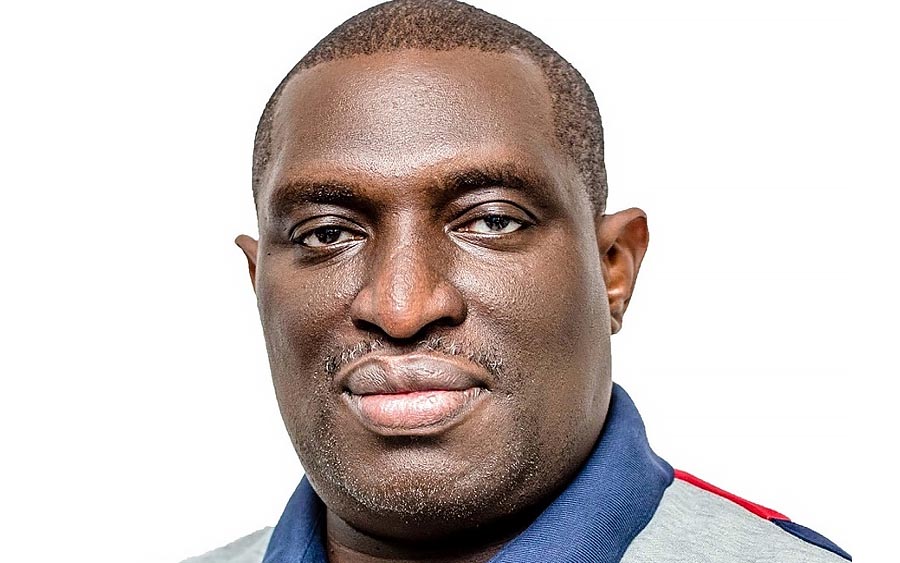Popular techpreneur, Victor Asemota, said he believes that most centralised and algorithm-based digital lending platforms in Africa are going to fail.
This is obviously an outrageous prediction, which will not sit well with fintech companies that engage in the business of lending. However, before we conclude whether Asemota is right or wrong, let us first understand his point of view.
Asemota’s position: In a series of tweets, the Ghana-based Nigerian tech professional talked about lending in general, and why he believes some people are going about it the wrong way.
[READ ALSO: Binomo plans big for Nigeria and African market with Victor Moses deal(Opens in a new browser tab)]
According to him, there are two things that must be incorporated when starting a lending platform: a wide distribution channel and a viable product/service that can be leveraged on to make secondary profits.
Before you think of going into commercial lending, ask yourself two questions:
1. Do we have distribution?
2. Do we have a product to make secondary profits from?
The future of banking in Africa is also going to depend on those two. This is where telco is very strong.
— Victor Asemota (@asemota) January 15, 2020
Offering further explanations, Asemota said that the best way to be successful as a digital lender is by finding ways to channel borrowers to spend the money they have borrowed on products/services owned wholly or partly by the lender. This does not only guarantee additional profit for the lender but also helps to minimise the risks associated with lending.
If I lend money to a person and the person uses the same cash to buy a product from me where I make profit, I have earned twice. This double earning reduces overall risk for me as a lender even when some defaults inevitably happen. This is why airtime lending was first to grow.
— Victor Asemota (@asemota) January 15, 2020
Many digital lending platforms across Africa have not yet figured out this secret, let alone implement it. Asemota said he once tried to find out whether digital lenders know what exactly their customers spend their loan money on. According to him, many of the lenders mentioned products/services that are offered by third parties; meaning that these lenders do not earn profits from any of these products.
[READ MORE: This simple advice could help solve your investment challenges)
It is, therefore, because some of these digital platforms have not figured out this important model that Asemota believes that “most centralized models based only on algorithms will fail”.
I have asked some African digital lenders if they know where the money they lend to people is being used? A lot of them mention products that they don’t also sell or have any agency to sell. This is why I believe that most centralized models based only on algorithms will fail.
— Victor Asemota (@asemota) January 15, 2020
Indeed, there should be more to digital lending than just making use of the internet. In order to compete against traditional lenders such as LAPO Microfinance Bank, digital lenders must master the points highlighted by Asemota.
LAPO is the biggest MFB in Nigeria. You don’t want to mess with their loan officers if you borrow from them. They have remained quietly viable without online distribution. I keep telling people that the Internet is NOT their distribution platform in most of Africa. Study LAPO.
— Victor Asemota (@asemota) January 15, 2020
Do you agree with Victor Asemota? We’d like to hear from you.























Let’s we forget, LAPO began its competition against the Big Banks so I believe online Lenders will and are gaining traction but as is the case in the Loan business at all levels, they would need a strong recovery team more like a taskforce to go after defaulters.
Brilliant idea, absolutely correct.